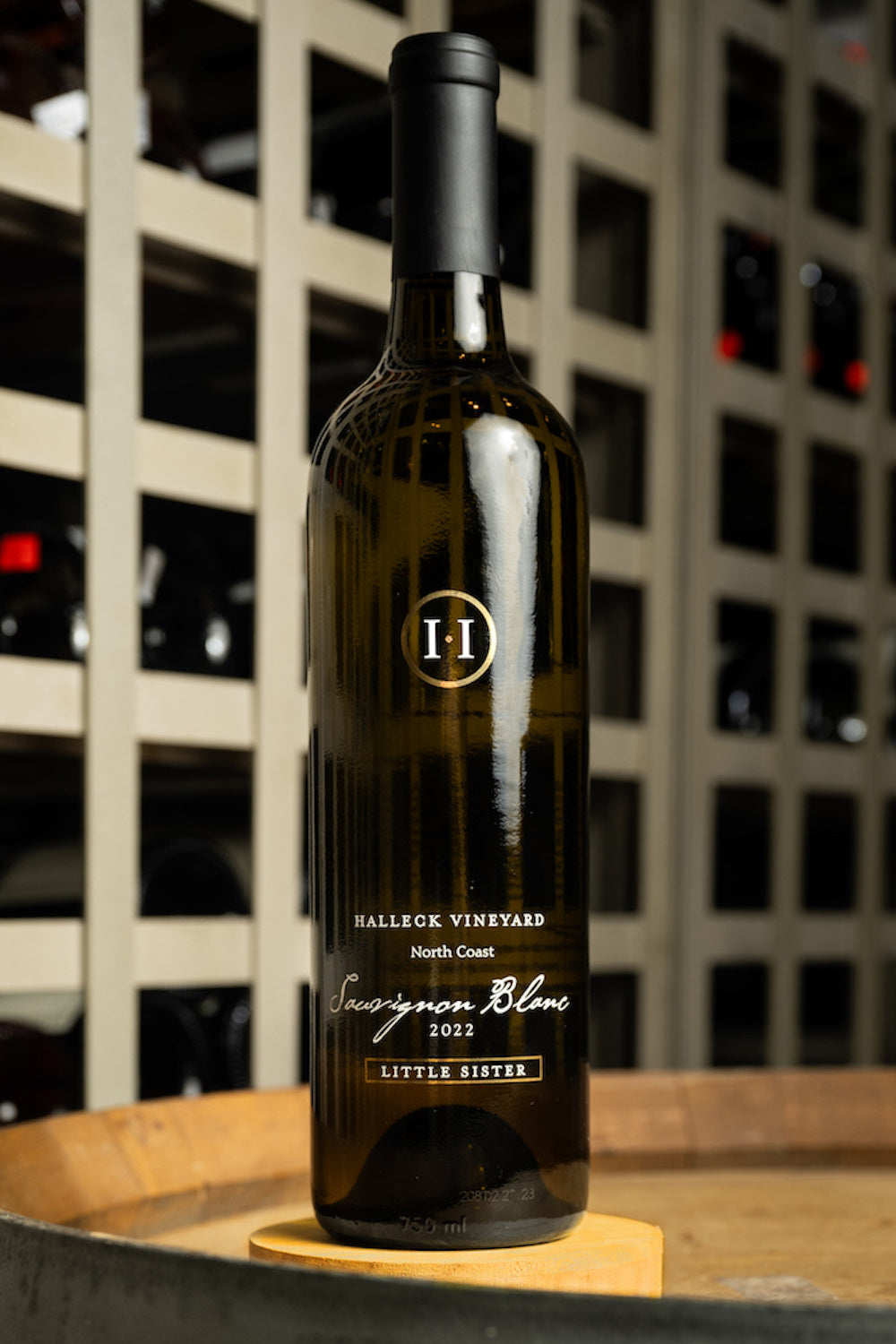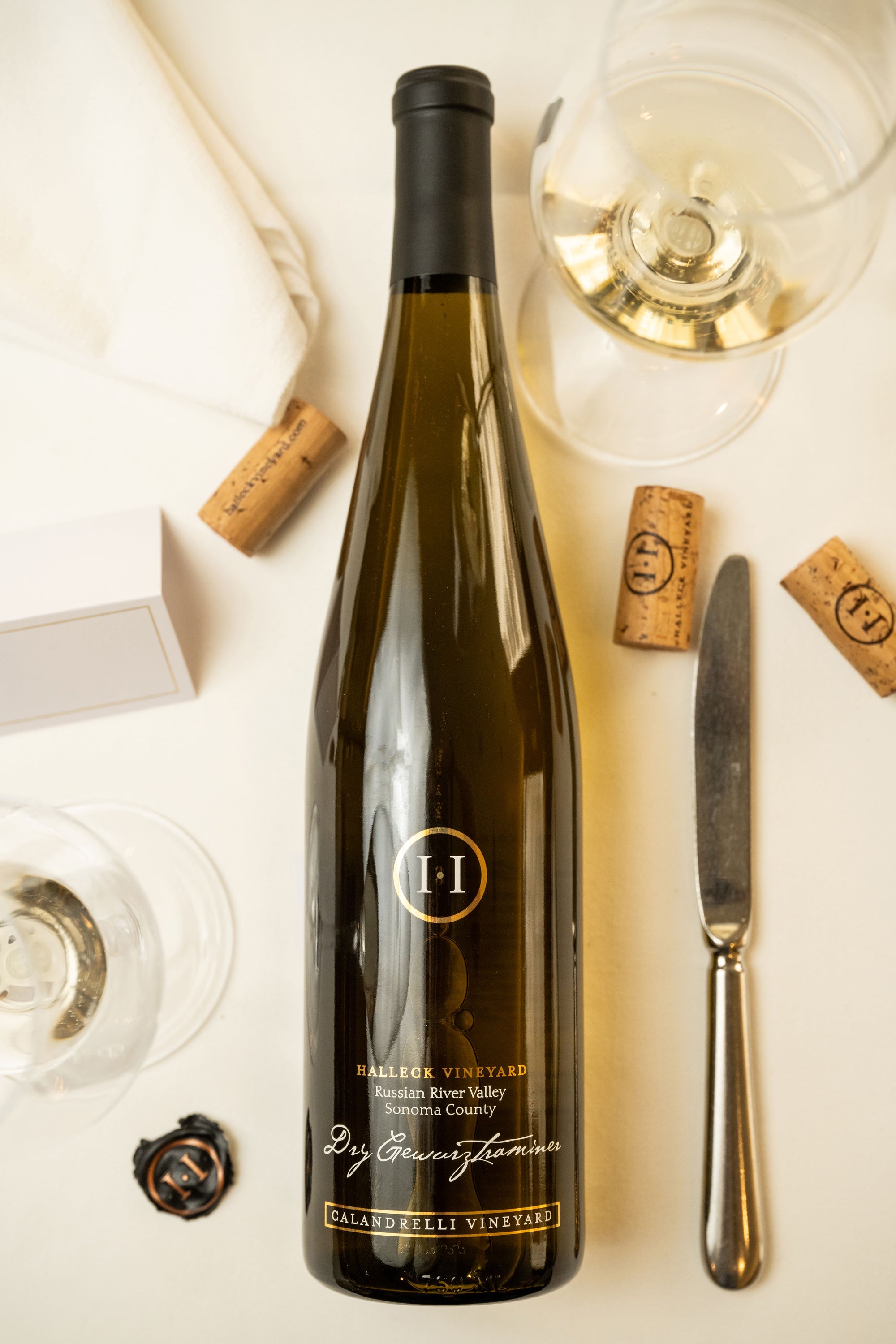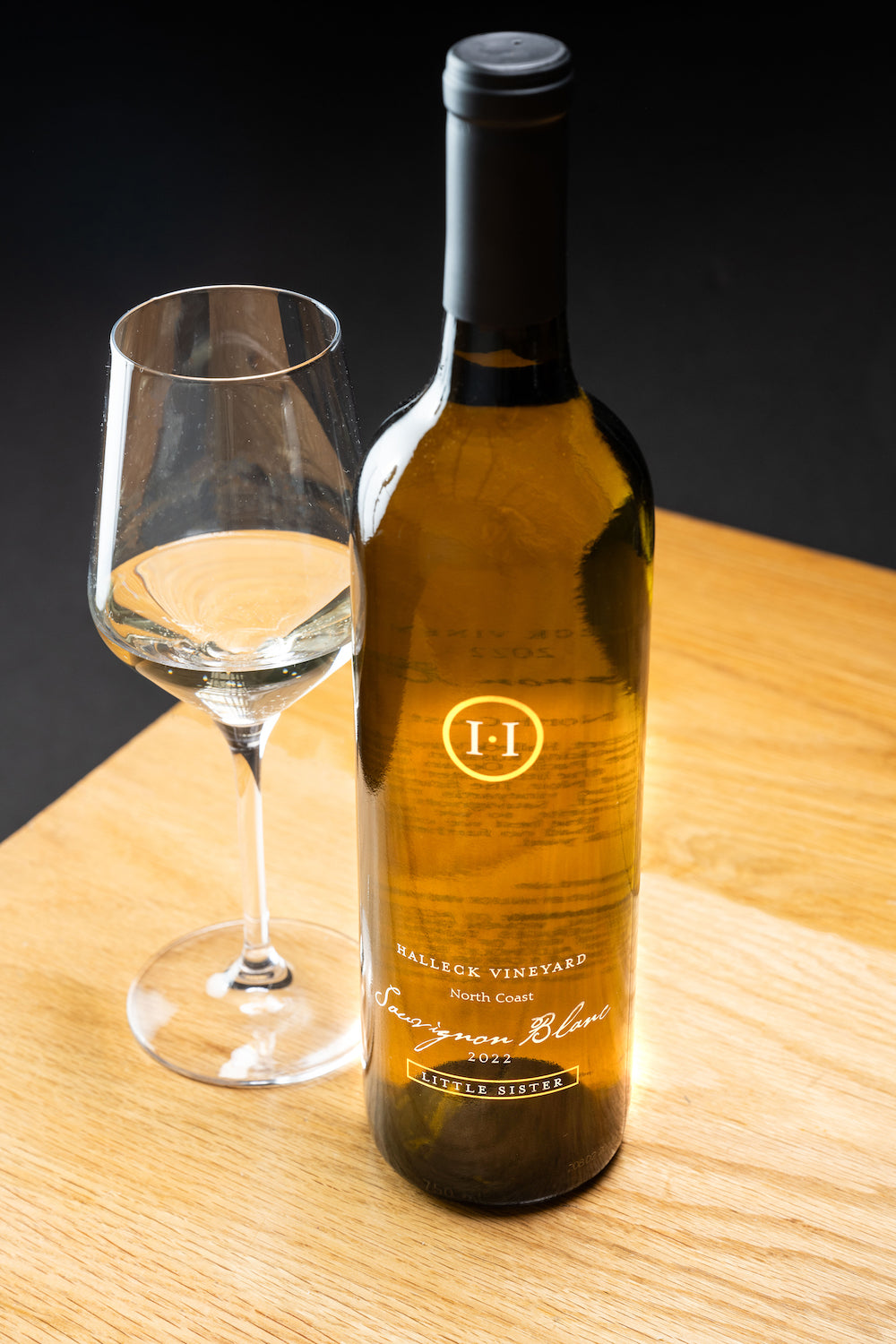Wineries With Beautiful Architecture - Sebastopol Winery Experience
Wineries With Beautiful Architecture - Sebastopol Winery Experience
Blog Article
Wineries Specializing In Sparkling Wines - Wineries With Outdoor Tastings In Sebastopol
Wine tasting is usually thought to be an art type, one which goes past merely enjoying a beverage. It embraces a complex interplay of flavors, aromas, and textures that requires devoted practice to actually grasp. Many who venture into the world of wine tasting shortly realize that it includes far more than simply sipping wine. Improving sensory skills via devoted winery wine tasting can elevate the experience, reworking a casual consuming occasion into a complicated exploration of the senses.
At a primary stage, wine tasting engages the senses of sight, smell, taste, touch, and even sound. Every part plays a crucial function in appreciating the nuances of a wine. When one first pours a glass of wine, the rich hues can provide initial insights into its age and varietal. Observing the colour and readability helps form expectations in regards to the wine's flavor profile. Many don’t absolutely respect how this visual evaluation can set the stage for what's to follow.
The next step is to interact the sense of odor. Swirling the glass aerates the wine, permitting its unstable compounds to escape and fill the air with its bouquet. The nose entails some fascinating layers—different aromas can signal numerous features of the winemaking course of, including the type of grapes used, fermentation strategies, and getting older conditions. Developing a keen sense of odor can be a game-changer in wine tasting.
Wineries With Breathtaking Gardens In Sonoma - Enjoying Wine In Sebastopol
To improve this sensory skill, wine enthusiasts are sometimes encouraged to take part in dedicated tastings at wineries. These tastings permit individuals to focus solely on the sensory experience (Wineries With Sustainable Practices). Tasting periods led by educated sommeliers or winemakers can supply insights into identifying distinct aromas. Studying to differentiate between floral, fruity, earthy, and spicy notes can empower a taster to articulate their experience with larger precision.
As one practices their sensory talents, they might uncover that their style preferences evolve. This transformation typically occurs after multiple tastings. A wine that initially appeared overwhelming may reveal hidden layers of complexity with a little bit of experience. Understanding tips on how to isolate individual flavors similar to acidity, sweetness, bitterness, and umami contributes substantially to the overall wine experience.
One Other essential factor in improving sensory skills is the context by which wine is tasted. Environmental factors like temperature, lighting, and even the corporate current can influence perceptions. At a winery, an optimum setting can reduce distractions and allow a more profound exploration of the wine (Wineries Perfect For A Relaxing Afternoon). Practicing mindful tasting techniques encourages a more immersive experience, allowing tasters to hone in on their senses.
It isn't solely about particular person notion, though. Participating with others during a tasting can also improve sensory skills. Sharing notes and discussing impressions fosters a deeper understanding of the wine. This collaborative approach encourages individuals to articulate their sensory experiences, thereby broadening their linguistic repertoire associated to wine tasting.
Wineries That Host Harvest Festivals - The Beauty Of Sebastopol Wineries
Moreover, pairing wine with food can considerably enhance the tasting experience. Different combinations can deliver out unique flavors in both the wine and the dish. As one tastes a wine alongside explicit meals, they will begin to acknowledge how certain components within the wine complement or contrast with what they're eating. This skill of pairing is another layer that enriches sensory growth.
Training one’s palate can contain a selection of workouts. Some enthusiasts engage in systematic tasting experiences, sampling a spread of wines that showcase totally different varietals, areas, or vintages. Exploring this variety can sharpen the ability to discern nuances throughout totally different wine profiles. Over time, this practice builds a mental library of flavors that could be accessed during future tastings.
Notably, written notes serve a twin objective: organizing one’s thoughts and reinforcing reminiscence. By writing down observations about each wine, tasters can monitor their progress over time. Detailing the characteristics of wines assists in solidifying data, ultimately deepening one’s appreciation of what they devour.
Furthermore, attending workshops or classes centered on sensory analysis may additionally be useful. Many wineries provide these instructional applications to help people refine their skills. Typically, skilled instructors guide participants by way of structured tastings, focusing on particular elements of the wine. This degree of education reinforces the sensory skills asynchronously and challenges tasters to suppose about their experiences from completely different angles.
Wineries In Dry Creek Valley - Unique Wine Tasting Experiences In Sebastopol

Over time, the commitment to improving sensory skills through dedicated winery wine tasting can yield vital rewards. The enjoyment derived from wine becomes layered and multifaceted. No longer limited to a simple preference for "red" or "white," tasters begin to appreciate the stories behind each pour. They cultivate a palette capable of navigating the complex landscape of flavors with confidence.
In conclusion, the journey of enhancing sensory skills through devoted winery wine tasting is as rewarding as it's gratifying. It requires focus, dedication, and a willingness to be taught, however the outcomes far exceed the preliminary effort. By partaking multiple senses and collaborating in thoughtful discussions, individuals not only become more proficient at figuring out flavors but additionally develop a deeper appreciation for the craftsmanship behind every bottle. The course of transforms wine from This Site a mere beverage into a rich tapestry of sensory exploration that beckons enthusiasts to delve deeper. As skills enhance, so too does the enjoyment, enriching life experiences one sip at a time.
Wineries Promoting Wine Club Memberships - Sonoma Wine Tasting Adventures
- Engaging the palate via various wine varieties enhances the flexibility to tell apart flavors and aromas, refining general sensory notion.
- Taking Part in guided tastings promotes centered consideration on subtle characteristics of each wine, nurturing crucial tasting skills.
- Studying to establish particular grape varieties fosters a deeper understanding of terroir, which aids in recognizing regional flavor profiles.
- Incorporating food pairings throughout tastings can heighten sensory awareness, as different tastes can influence each other and alter perceptions.
- Training the art of swirling and nosing wines allows people to attach olfactory cues with style, bettering the flexibility to articulate sensory experiences.
- Attending workshops that emphasize blind tastings trains members to rely purely on their senses somewhat than preconceived notions, enhancing objectivity.
- Elevating sensory skills can lead to higher wine selection abilities, empowering individuals to make knowledgeable choices based on personal preferences.
- Engaging with knowledgeable sommeliers offers insights into wine-making processes, which deepens sensory appreciation and enhances vocabulary for describing wines.
- Regular participation in tastings encourages memory growth of flavors and aromas, aiding within the formation of a personalised sensory profile over time.
- Sharing tasting experiences with friends fosters dialogue, selling communal studying that may enhance individual sensory skills via collaboration.undefinedWhat is the purpose of improving sensory skills through wine tasting?

Enhancing sensory skills via wine tasting permits people to boost their capacity to identify and respect the assorted aromas, flavors, and textures of wine. This heightened sensory awareness can result in a deeper understanding of wine and an overall enriched tasting experience.
Wineries With Sustainable Practices - Sonoma Wine Tasting Recommendations
How can I develop my sensory skills at a winery?
You can develop your sensory skills at a winery by participating in guided tasting sessions that target specific varietals. Engage with knowledgeable workers who can present insights and encourage you to take notes in your impressions, enhancing each your observational and descriptive talents.
What should I anticipate during a dedicated wine tasting experience?
Wine Tasting Events In Sonoma County - A Winery In The Sonoma Valley To Discover
Throughout a devoted wine tasting experience, count on to pattern a selection of wines while receiving targeted education about each one. You Will study concerning the winemaking course of, tasting techniques, and how to discern completely Website different sensory traits, all in a relaxed setting.

Is prior knowledge of wine needed to learn from a sensory skills workshop?
- Local Favorite Wineries In Sonoma
No prior information of wine is critical; the workshops are designed for all levels of experience. Newbies will discover valuable data to build from, while seasoned tasters can refine their skills and broaden their palate even additional.
How do sensory skills impact my general wine appreciation?
Wineries In Green Valley - Sonoma Vineyards Worth Visiting
Bettering sensory skills considerably enhances your overall wine appreciation by permitting you to determine subtleties and complexities in wines. This deeper understanding enriches your tasting experience and helps you make informed alternatives based mostly on personal preferences.
Are there particular techniques I should use while tasting wine to enhance my sensory skills?
Wineries In Dry Creek Valley - A Visit To Sebastopol Wineries
Sure, using techniques such because the "SWOT" technique (Sight, Swirl, Odor, Sip, Savor) could be beneficial. Pay attention to the wine's appearance, aromatics, and mouthfeel, and take your time with every sip to totally discover the flavors and sensations.
What kind of wines are sometimes included in sensory skills tastings?
Sometimes, sensory skills tastings include a wide range of wines that showcase completely different areas, varietals, and styles. This diversity helps members determine distinct characteristics and enhances their capacity to differentiate between wines.
Can sensory skills workshops be personalized to my tasting interests?
Wineries With Locally Sourced Food Options - Best Wineries In Sonoma For A Wine Experience
Many wineries supply personalized options for sensory skills workshops, allowing you to focus on specific types of wines or themes that interest you, such as organic wines or unique regional choices. It Is finest to inquire instantly with the winery for tailor-made experiences.
Is there a method to practice sensory skills after leaving the winery?
Yes, you'll have the ability to practice your sensory skills at home by tasting different wines and keeping a tasting journal. Experimenting with various food pairings and aromatics can additional improve your understanding of how flavors interact, reinforcing the talents gained at the winery. Report this page